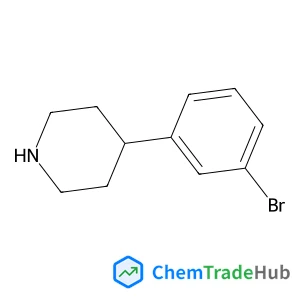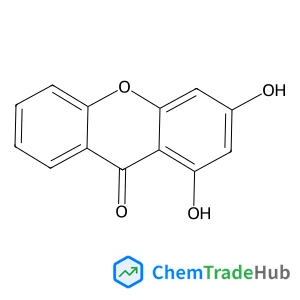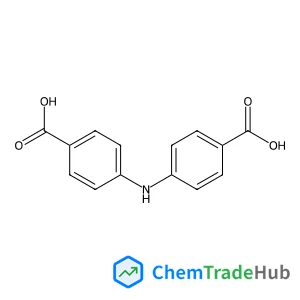Impact of exposed crystal facets on oxygen reduction reaction activity in zeolitic imidazole frameworks
文献情報
Sorawich Pimu, Nuttapon Yodsin, Sirawee Maneewan, Jaruwan Kanthachan, Supawadee Namuangruk, Kanokwan Kongpatpanich
ZIF-67 is a representative type of metal–organic framework (MOF) developed for the oxygen reduction reaction (ORR) owing to its robust structure in alkaline electrolytes and the presence of the redox-active Co2+ species in the structure. In this work, the improvement of the ORR electrolytic performance of ZIF-67 in its pure phase by optimization of its crystal morphology and crystal facets has been presented. ZIF-67 nanocubes exhibit higher ORR activity than their bulk crystals. The enriched (100) facet in the nanocube crystals provides a higher number of exposed Co2+ sites resulting in improved ORR performances. Moreover, DFT study suggests a distinguished mechanism in the (100) facet highlighting the importance of crystal facets in electrochemical performances.
関連文献
IF 6.222
Highly efficient and durable III–V semiconductor-catalyst photocathodes via a transparent protection layerIF 6.367
Contents listIF 6.843
Mechanically stable and economically viable polyvinyl alcohol-based membranes with sulfonated carbon nanotubes for proton exchange membrane fuel cellsIF 6.367
Synthesis of aviation fuel from bio-derived isophoroneIF 6.367
Electrospun hydrogels for dynamic culture systems: advantages, progress, and opportunitiesIF 6.843
Outstanding Reviewers for ChemComm in 2020IF 6.222
Direct arylation polycondensation towards water/alcohol-soluble conjugated polymers as the electron transporting layers for organic solar cellsIF 6.222
An overview of latest advances in exploring bioactive peptide hydrogels for neural tissue engineeringIF 6.843
Engineering of electrodeposited binder-free organic-nickel hydroxide based nanohybrids for energy storage and electrocatalytic alkaline water splittingIF 6.367
掲載誌
Dalton Transactions

Dalton Transactions is a journal for all areas of inorganic chemistry, which encompasses the organometallic, bioinorganic and materials chemistry of the elements, with applications including synthesis, catalysis, energy conversion/storage, electrical devices and medicine. Dalton Transactions welcomes high-quality, original submissions in all of these areas and more, where the advancement of knowledge in inorganic chemistry is significant. Specific guidance for some areas of our scope is given below.
おすすめサプライヤー
 安徽黄山市嘉徽医药化工有限责任
安徽黄山市嘉徽医药化工有限责任 青島玉洲化工有限公司(山东萊西)
青島玉洲化工有限公司(山东萊西) 陕西智淇生物科技有限公司
陕西智淇生物科技有限公司 Heiza—Werkstätten Wärmetechnik GmbH
Heiza—Werkstätten Wärmetechnik GmbH DECKMA HAMBURG GmbH
DECKMA HAMBURG GmbH 青岛セナ新材料有限公司
青岛セナ新材料有限公司 XENOPS化学品有限公司
XENOPS化学品有限公司 ユクリーガル・ケミカル株式会社
ユクリーガル・ケミカル株式会社 INTAS Science Imaging Instruments GmbH
INTAS Science Imaging Instruments GmbH LGC株式会社
LGC株式会社










![700874-71-1 - 7-[2-(4-Morpholinyl)ethoxy]-4-[2-(2-pyridinyl)-5,6-dihydro-4H-pyrrolo[1,2-b]pyrazol-3-yl]quinoline 700874-71-1 - 7-[2-(4-Morpholinyl)ethoxy]-4-[2-(2-pyridinyl)-5,6-dihydro-4H-pyrrolo[1,2-b]pyrazol-3-yl]quinoline](/structs/700/700874-71-1-fbbc.webp)

![315234-49-2 - 1-[(Tert-butoxy)carbonyl]-2-(prop-2-en-1-yl)pyrrolidine-2-carboxylic acid 315234-49-2 - 1-[(Tert-butoxy)carbonyl]-2-(prop-2-en-1-yl)pyrrolidine-2-carboxylic acid](/structs/315/315234-49-2-fe31.webp)

